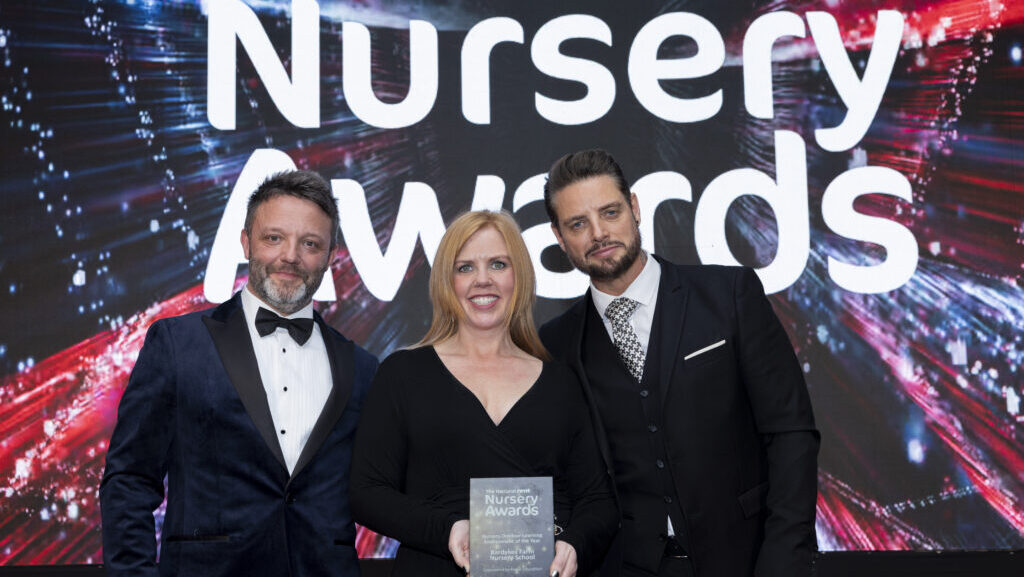The Nursery Management Show takes place at the end of June at Birmingham’s NEC. Find out more about an event…
Seven key things to consider before selling your nursery
By Courteney Donaldson, managing director – Childcare & Education, Christie & Co
Selling the businesses that you’ve spent years, perhaps decades, building is a big deal and can be quite stressful, but it doesn’t really need to be.
To make it easier for you, I’ve pulled together a list of things to you should consider before you start the selling process which will help get your ducks in a row.
- Collate your business documents
By collating your financial and legal documents at the outset, you can save precious time later. It also creates a more ‘watertight’ case for facts and figures, making it harder for potential buyers to make you a ‘lowball’ offer or subsequently price chip once a deal has been agreed. Momentum is everything when it comes to negotiating price and, from there, finalising the deal agreed.
- Make your business more attractive to buyers
This may sound obvious, but many sellers overlook small improvements that can make a big difference to generating interest in the business and to the ultimate selling price.
- Think about whether you want to sell the freehold or the leasehold
Getting the right answer to this is very important, as it could affect your short- and long-term potential income and there may be tax considerations that require forward planning.
Historically, it could be said that buyers have leaned towards acquiring freeholds where possible, this is mainly because, with a freehold purchase, the buyer owns the bricks and mortar rather than acquiring a lease and the goodwill/fixtures and fittings. Also, if borrowing money, on a loan-to-value basis, buyers have to find less of their own money, because LTV (loan-to-value ratios) are higher for freehold assets in comparison to leasehold assets, with the ownership of bricks and mortar being perceived as awarding less risk to lenders who may seek to use the properties as security against any mortgage or bank loan that may be required by the banks customer.
However, over the last few years we have seen a shift in sentiment, with buyers having greater appetite for leasehold acquisitions than ever before, alongside vendors having the desire to retain their freeholds and grant leases to buyers enabling them to retain the asset and enjoy the rental income generated by the lease. The gap between the multiples used to value between leasehold and freehold deals has become much closer.
We have seen a growth in the number of vendors retaining their properties and, instead, selling the goodwill fixtures and fittings and creating a new commercial lease for the incoming buyer to enter into. As a result, not only do they get a lump sum of money for the business itself, but they also retain the property and get an annual rent which is likely to generate a far greater return that the annual return such funds could potentially earn via interest growth alone if funds were merely left to sit in a typical savings account.
Granted this is not going to work for everyone but for those of you who need to consider a longer-term income stream, leasing your asset could be the answer.
- Think about who you want to take over your business
Think about the type of buyer you want for your business. You want to be comfortable with who you’re passing your business on to, so it’s best to have an idea before you start.
- Choose your business advisors
Preparation and getting the correct advice from sector specialist advisors before any sale is crucial so both you and your buyers are clear on your direction of travel. This will avoid ambiguity, misunderstanding and potentially costly delays down the line.
You may be tempted to pursue a direct approach from a prospective buyer; however, this is rarely the best route and has been known to leave owners overwhelmed and out of pocket. Instead, appoint a specialist business agent who can effectively support you to achieve a competitive sale price with the best terms possible.
Your business advisor will also work with you on professionally prepared material which can result in a higher selling price for you, a higher likelihood of finance (i.e. a mortgage or loan) for the buyer (should they not be a ‘cash purchaser’), and a quicker deal timeline to completion which is beneficial to seller and buyer alike.
Your accountant will help you with the preparation of key financial data such as management accounts, certification of turnover, auditing of financial statements and they, or your separate tax advisor, will aide you in deciding whether it is more tax efficient for you to sell the assets or the shares.
Your solicitor can assist in avoiding later delays by covering off any ongoing legal issues that may need clarifying or resolving (e.g. planning permission, lease renewals, formalisation of partnership agreements, should they not already be in writing, and regulatory compliance related matters such as licence assignments and employment matters). To ensure you are on the front foot and are best protected, it is essential that you appoint a solicitor who is experienced in business transactions. Ideally they would have ECEC business sales experience and so will be familiar with local legal market norms.
- Quality photography goes a long way
Even if you are selling your business confidentially, you’re more likely to generate initial interest from buyers if the confidential information memorandum includes striking photography showing off your settings to their very best. Take this into consideration when working with your agent on the marketing process.
- State of the market
Talk to your adviser about the state of the market; you’ll want to tie in with how buoyant the market is at the time you’re looking to sell in order to maximise overall value.
If I keep my property now, if I want to sell in years to come, can I?
The short answer to this is yes and, in fact, depending on your buyer and what covenant strength they offer, the investment value of your freehold interest in the property could potentially far exceed underlying bricks and mortar value.
You could decide to keep your freehold investment for few years, enjoy the rental income and then sell as and when you need to release a large amount of capital. After a few years, depending on the nature of the tenant, the leaseholder may be interested in directly acquiring the unencumbered freehold interest in title from you, or you could simply offer your freehold investment to the open market where we are seeing some exceptional prices being paid.
When you’re contemplating a sale, there are lots of options – great agents ensure that their clients are aware of all the options and our team takes great pride in sharing its insights and expertise to enable our client to make the very most of the opportunities and prospects that their business awards them.
To find out more about the day nursery market, or for a confidential chat about your business, contact Courteney Donaldson: [email protected] / +44 7831 099 985
Latest Features
The winners of the National NMT Nursery Awards reflect on what their achievement means to them
Stephanie Mensah, co-founder of Bibinee Dolls, explores the importance of diversity in early years education and asks if we are…




